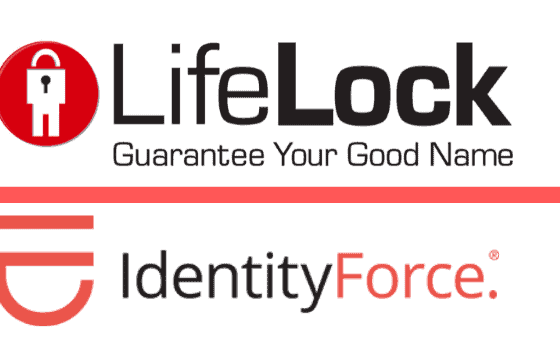Nobody ever seems to talk about the financial journey that immediately faces those who lose a loved one.
Culturally, the focus is on the emotional elements of the passing of a loved one, of death, of grief.
Suddenly there’s a space where before, there just wasn’t. You can’t say things to the space, and you can’t lean against a space, and the space has no warmth or smell.
Meanwhile, life moves on towards the next season at the same speed it always did, it doesn’t wait. Look outside; the clouds are moving across the window pane, and the sun will soon set like it always has…
… and life continues to revolve around finances and specifics linked to finances. But – in the UK anyway – it’s as though it’s unseemly to address money and financial issues outside of the lawyer’s office. However, money is a practical item that can help immensely. And clear advice and discussion is far more helpful, than mutters under the breath.
There’s no good or evil to money, it’s simply a thing. Any emotion connected to money belongs to whoever brings the emotion. Money has no emotion, it’s neutral.
What isn’t neutral is that your loved one would not want you to leave money in a bank where it does not belong – they would want you to access it. I’m going to show you;
-
Why you should do this.
-
How to do it.
-
How little YOU will actually have to do
Common support advice.
Common immediate advice covers emotive support areas, and it’s invaluable to address these areas. They focus heavily on mental and emotional health, like express and release feelings; and don’t pretend that it’s OK when it’s not.
There’s also much on how everyone deals with death differently; give yourself time to heal; know that it’s OK to be messed up.
Slightly more practical aspects include; join in rituals like Memorial services; preserve memories by planting a tree or do a charity run; join a support group; put down the drink.
There are 3 things you must do in the first few days after someone dies;
Get a medical certificate from a GP or hospital doctor. You’ll need this to register the death.
Register the Death within 5 days (8 days in Scotland). You’ll then get the documents you need for the funeral.
You can use a funeral director or arrange it yourself.
After this there are a number of things to do, with lots of wearying detail, including telling the Government, and dealing with tax and benefits. The checklist grows further to include notifying banks and insurance companies; credit companies to prevent identity theft and such; any employer (and there may be an employer sponsored insurance plan too); utility and service providers.
The Financial level BENEATH the Financial level.
And now to where a surprising level of potential sums can lie – in your loved one’s existing or old accounts. I’m talking about PPI and Investments.
This is very important; is NOT a waste of time; and most of all is easy because the detailed work can be done for you.
In short what we would need to be able to help you:-
-
Your part is simple. It’s as easy as calling or emailing ONCE, to start the process.
-
VERY important; which is, that any PPI claim done NOW is worth so much MORE (hint; it’s in the interest elements!) because of the time elapsed. Now, assuming most loved ones were older when they passed away, that means there is potential real and high value in these claims. 4 and 5 figure sums are not unusual, this includes when an investment is compensated.
-
And finally regarding investments. Now, to be clear, what I’m NOT addressing about is accessing or ‘cashing in’ your loved one’s investments – that will happen as part of the process of chasing through all aspects that form the Estate. What I AM addressing is when the investments have not been releasing what they should have (and don’t worry, that’s up to US to find out, not you).
There can be STUNNING claims in this area. Obviously dependent on the circumstances, but tens and hundreds of £thousands are not unusual. If your loved one had ANY investments AT ALL, we want to hear about them.
So there it is then. ONE call or email, and you can release sums that may be there, in your loved one’s existing or old accounts and which, with interest added over the time elapsed, can be very valuable indeed.
Your loved one would want YOU – NOT the bank – to receive those.
LET’S GET THEM BACK!!!





